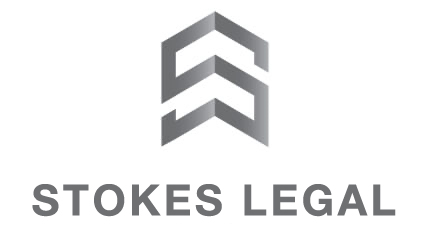Fraudulent Transfer Attorney San Diego
An individual or business is engaging in a fraudulent transfer when assets are given away to avoid having them confiscated by creditors. In California, the Uniform Fraudulent Transfer Act (UFTA) clarifies that fraudulent transfers happen when either a debtor transfers or takes on an obligation to purposely defraud or delay a creditor, or when the debtor transfers or accepts less than reasonable compensation for assets when the debtor is close to becoming insolvent.
Unlike other civil law claims in the state, the statute of limitations on fraudulent transfers may be as many as 7 years, depending on the circumstances of the case. At Stokes Legal, we understand as San Diego fraudulent transfers attorneys, that insolvency and bankruptcy are complex matters. In addition to assets like property, stock portfolios, or expensive equipment, fraudulent transfers may also include anything a business – Corporate, LLC, or Partnership Dispute or individual transfers – sells, or gives away to avoid paying damages in other civil lawsuits. The last thing a proprietor, partner, or board wants to do is lose meaningful assets to a creditor or a bankruptcy court. However, using asset transfers and unfair sales to prevent creditors from securing compensation is fraud and is punishable under the law.
In fraudulent transfer cases, the outcome often hinges on proving an intent to hinder or defraud. If a debtor acts in good faith to sell or transfer assets, the transfer will not be considered fraudulent. However, any evidence considered suspicious may work against a defendant fighting a fraud transfer case. Even the purchaser of defrauded goods may be held liable by the court if the plaintiff can prove the assets were greatly undervalued at the time of sale.
Judgment Enforcement
Once a creditor files a judgment with the court clerk, the creditors and debtors in a case may be referred to as judgment creditors and judgment debtors. Judgment creditors can use a number of methods to secure their compensation before a court judgment has been determined. They can take many types of personal assets, including account reserves, property, and individual wages.
In some cases, a dispute may be remedied with the entering of a judgment. Once the debtor is made aware of the judgment and the terms of the repayment, paying the debt in installments or in a lump sum can help defendants avoid a trial. Our team of San Diego fraudulent transfers lawyers at Stokes Legal Law Firm, have experience helping clients negotiate and settle judgments that have been entered to avoid larger trials, but timeliness is often vital to negotiating a successful outcome. We also have experience on the other side of enforcement, helping creditors secure their compensation against businesses that refuse to pay back owed debt.
Facing a Court Judgment – Call The San Diego Fraudulent Transfers Lawyers
After a court judgment has been delivered in fraudulent transfer cases, creditors can access assets that have been transferred fraudulently. The courts will void those transactions. The assets will be restored to the debtor and may then be used as part of the collections process. Fraudulent transfer cases are often filed simultaneously in civil and criminal court. Led by Bonnie Stokes, the San Diego fraudulent transfers attorneys can help you understand and address your fraudulent transfer case with personalized legal help from start to finish.
Fraudulent transfer cases are often multifaceted and may be concurrent with other legal proceedings, making them even more difficult to address. We make it our business to help you protect your reputation and your rights in business-related fraudulent transfer cases. We have a track record of success in both cases that settle and those that go to trial. If you (or your business) are concerned about fraudulent transfer proceedings, contact us at 619-696-0017 today for a free case evaluation.
